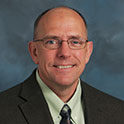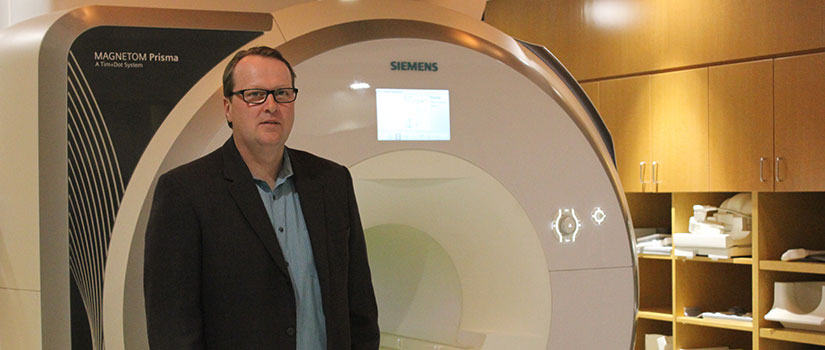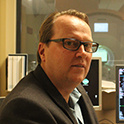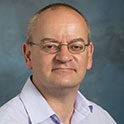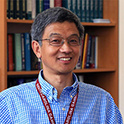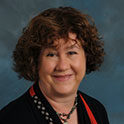May 23, 2016 | Erin Bluvas, bluvase@sc.edu
On the heels of his $11.1 million grant from the National Institutes of Health (NIH)
to establish the Center for the Study of Aphasia Recovery, USC Health Sciences Distinguished Professor Julius Fridriksson (Department of Communication Sciences and Disorders) has been named the S.C. SmartState™ Endowed Chair of Memory and Brain Function (i.e.,
SMARTBrain™ Chair) for the SeniorSMART™ Center of Economic Excellence.
Established by South Carolina’s leading research universities (i.e., Clemson University,
Medical University of South Carolina, University of South Carolina), the core of the
of the SmartState Program is its approximately 55 Centers of Economic Excellence,
which are organized into six clusters. The Program also supports SmartState Endowed
Chairs (with now five* of them holding primary appointments with the Arnold School)—world-renowned
scientists and engineers who lead the Centers. The SmartState Program provides between
$2 and $5 million in funding via the S.C. Education Lottery, which the Centers must
match dollar-per-dollar with support from non-state partners. Since its inception
in 2002, the SmartState Program has created 10,000 jobs and secured more than $1.5
billion in investments from non-state partners.
The SeniorSmart Center is a part of the Program’s biomedical cluster. It was established
in 2007 to address the health issues that will be amplified as the over-65 population
experiences a dramatic increase as the Baby Boomers age. Aimed at fostering independence
for this age group, the SeniorSmart Center takes a three-pronged approach. SMARTBrain,
led by Fridriksson, will help seniors maintain intellectual activity. SMARTWheels™,
which will be led by a yet-to-be-named Endowed Chair from Clemson University, will
promote independence and mobility outside the home. And SMARTHome™, led by the College
of Social Work’s Sue Levkoff,who is also partnering with Arnold School researchers on the S.C. Healthy Brain Research Network, will focus on maintaining mobility for seniors inside their homes.
Fridriksson, who is already familiar with the SmartState Program through his frequent
collaborations with USC Professor of Psychology and SmartState Endowed Chair in Neuroimaging Chris Rorden, is well prepared to expand his work to SmartState arena. The recipient
of both the Arnold School’s 2010 and 2016 Faculty Research Award, Fridriksson began his research on the neurophysiology of aphasia recovery at the
Arnold School 15 years ago when he created his Aphasia Lab at the start of his first
academic appointment.
The Aphasia Lab has grown to now encompass Fridriksson’s aforementioned NIH grant
and it will continue to grow now that he will be leading the SMARTBrain component
of the SeniorSMART Center. “All of these facets will focus on stroke recovery and
how the brain ages in general,” says Fridriksson. “We will leverage the resources
from all of these projects to enhance how they work independently and together to
improve stroke recovery and intellectual aging.”
Another one of Fridriksson’s resources is the USC McCausland Center for Brain Imaging. As co-director of this cutting-edge facility, he is able to perform high-resolution
brain imaging using the Center’s magnetic resonance imaging (MRI) system. The newly
endowed Gerry Sue and Norman J. Institute on Aging provides yet another critical piece of the puzzle in Fridriksson’s mission to improve
outcomes for stroke survivors and improve healthy aging.
Despite all of the resources and infrastructure Fridriksson has amassed, it’s the
people he values most—both the patients and his team. “These projects and this funding
will help us make a difference in aphasia research because it allows us to fund postdocs,
graduate students, and staff,” he says of his team, which will be instrumental in
carrying out the research and scholarship he leads. “Hiring students makes the world
go round.”
*Arnold School-based SmartState Centers include:
